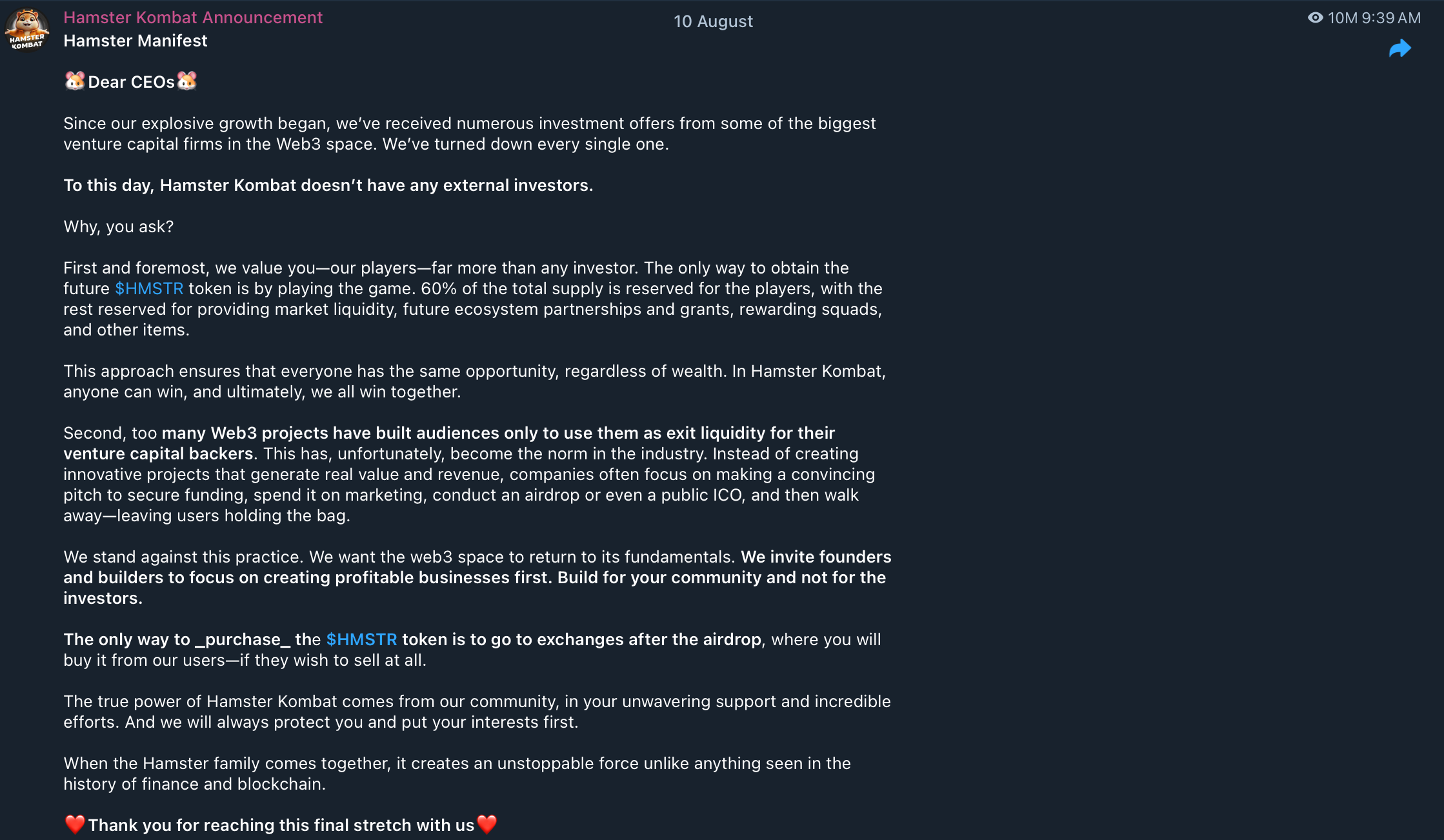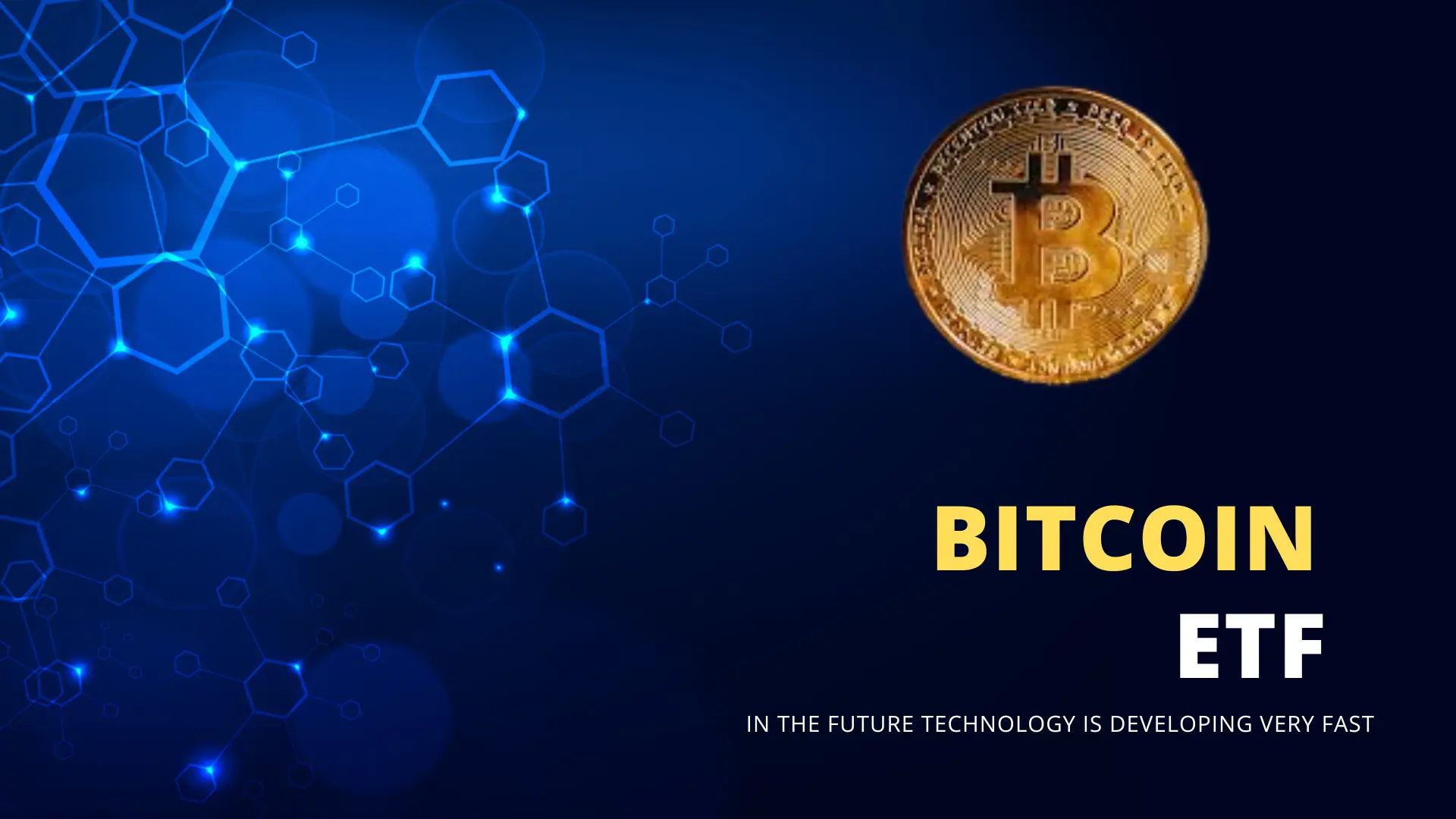Hamster Kombat Rejects Venture Capital Offers, Focuses on Player-Centric Development

Hamster Kombat, a highly successful Web3 game, has recently made headlines by rejecting offers from top venture capital (VC) firms. With over 300 million users, the game has set new records in Web3 game development, but its creators are determined to keep the game focused on its players rather than corporate interests.
Key Points:

- Rejection of Venture Capital:
- Player-Centric Approach: The developers of Hamster Kombat have declined multiple offers from leading venture capital firms. The decision was driven by a desire to protect the game's player base and ensure that the development remains focused on creating a fair and rewarding gaming experience.
- Avoiding VC Influence: Unlike many crypto projects that rely on VC funding, Hamster Kombat's team believes that accepting such investments could lead to conflicts of interest, where the long-term goals of the game might be compromised in favor of short-term gains for investors.
- Token Distribution:
- HMSTR Token Allocation: The developers announced that 60% of the upcoming HMSTR token will be allocated directly to players. This allocation strategy aims to reward those who actively participate in the game, reinforcing the team’s commitment to a meritocratic system.
- Future Plans: The remaining tokens will be used to enhance the game's ecosystem, including liquidity, partnerships, and in-game rewards. This strategic allocation is designed to support the long-term growth and sustainability of the game.
- Impact on the Web3 Gaming Industry:
- Setting a Precedent: Hamster Kombat's decision to reject VC offers sets a new standard in the Web3 gaming industry, emphasizing the importance of player empowerment and long-term community development over immediate financial returns.
- Growing User Base: With over 300 million users, Hamster Kombat’s success demonstrates the potential for Web3 games to thrive without traditional venture capital, highlighting the power of community-driven growth.
Conclusion: Hamster Kombat’s refusal to accept venture capital funding reflects a strong commitment to its players and a vision for a decentralized gaming experience. As the Web3 gaming industry evolves, Hamster Kombat’s approach could inspire other developers to prioritize player interests and sustainable growth over external financial pressures.




